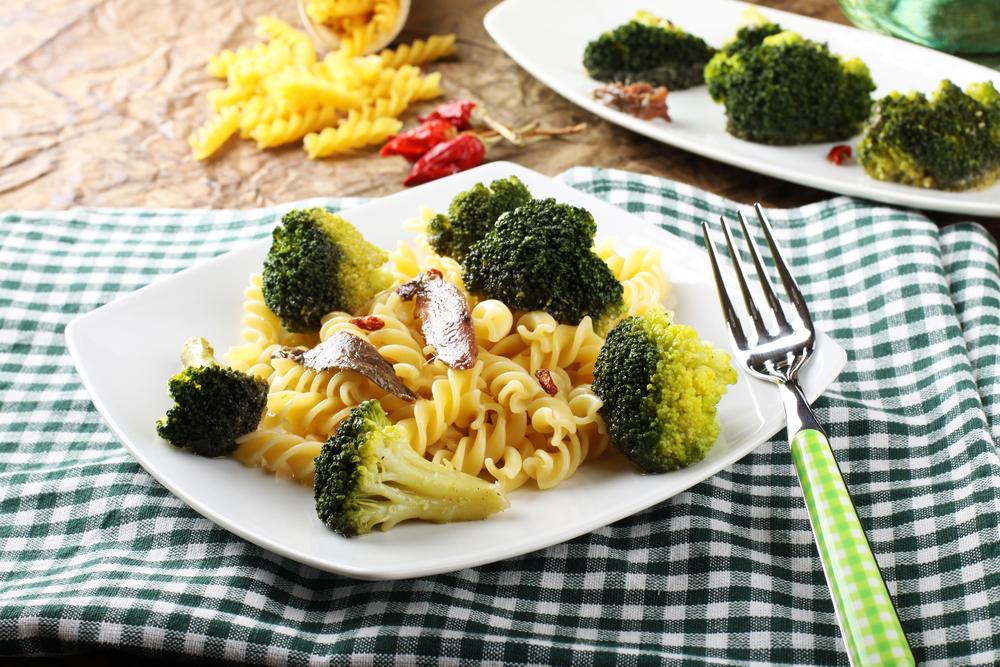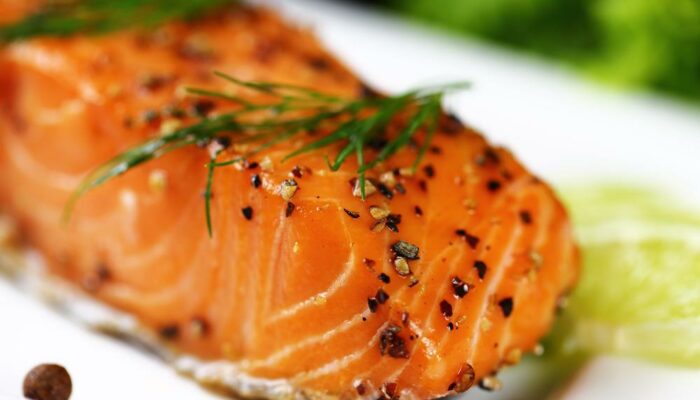
The Importance of a Healthy Diet for Schizophrenia
Schizophrenia is a mental health disorder that leads to an impaired ability to think and behave properly. It is a condition that causes a patient to suffer from symptoms like delusions and paranoid feelings. The lifespan of most schizophrenics is less than that of a normal person, and the condition can be life-threatening, driving patients to the extreme of suicide due to paranoia and delusion sometimes.
A balanced diet is very helpful for people suffering from schizophrenia as avoiding food that is harmful to overall health and consuming nutritious food is important. There are many beneficial foods for schizophrenia and can help in the treatment of this disease. Let’s look at the importance of following a healthy diet for those affected by schizophrenia:
1. Schizophrenia and junk food
Studies have shown that those suffering from schizophrenia tend to eat more junk food, which can lead to several health problems, including obesity, increased blood sugar levels, and associated symptoms. The first step to ensuring the holistic treatment of schizophrenia is to eliminate junk food from the diet. This helps in weight reduction, which can be beneficial for those who suffer from this disease.
2. Benefit of antioxidants
Studies have shown that antioxidants can help in alleviating the symptoms of schizophrenia. The medications that the schizophrenic patients take are known to invariably cause side effects, and it has been proven that antioxidants reduce these side effects. Fresh fruits and vegetables should be part of the diet as they naturally contain antioxidants.
3. Identify foods causing intolerance
A lot of people with schizophrenics also have food intolerance. Commonly, gluten intolerance is a problem with many, so it is important to identify whether gluten causes allergies. If so, it needs to be eliminated from the diet and a gluten-free diet needs to be followed.
Lactose intolerance or allergy to dairy products like milk, cheese, and butter is another possibility. Some people are also allergic to soy and eggs. A doctor can be consulted to help identify such foods, and they can be removed from the diet to avoid aggravating the symptoms and further complications.
4. Diet for weight loss
Weight gain or obesity is a problem most people suffering from schizophrenia face as it is one of the side effects of the medication. A diet that helps in weight loss is advisable, and studies have shown that a ketogenic diet with foods low in carbohydrates and high in fat may be good for those with schizophrenia. Similarly, a diet for weight-loss that involves higher protein intake, more consumption of fruits and vegetables, and eliminates junk food should be considered.
5. Multivitamins
Multivitamins like niacin, folic acid, and vitamin B are an important part of the diet for schizophrenics and should be added through food or supplements. Multivitamin tablets with zinc are also beneficial for those who have schizophrenia.



